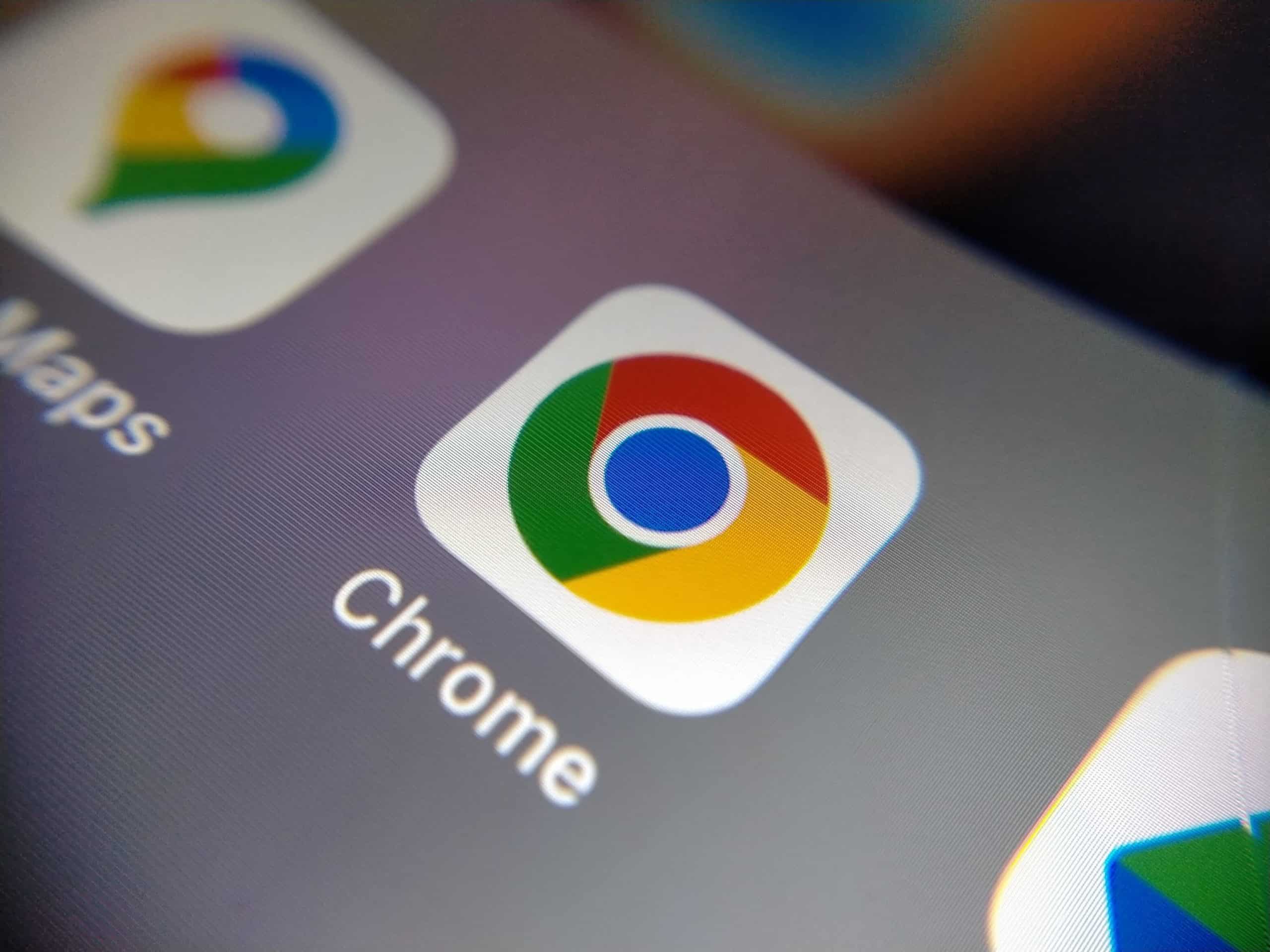The United States Department of Justice (DOJ) is reportedly seeking to force Google to break up its business and force the company to spin off its Chrome web browser in what could be considered one of the most significant court-mandated corporate actions in American history.
This development marks the latest chapter in an ongoing antitrust proceeding that seeks to curtail Google’s market dominance to reshape the internet industry and create a more equitable environment for publishers, advertisers, and competitors.
Federal Judge Will Analyze All Proposed Remedies Next Year
The DOJ scored a massive win in August this year when federal judge Amit Mehta ruled that Google’s online search and digital advertising business can be considered a monopoly as its practices violate existing antitrust laws.

Shortly after this ruling, prosecutors started to prepare their recommendations to the judge regarding the possible remedies that Google (GOOG) could implement to deal with this situation. A forced spin-off of Google Chrome is part of the current deal on the table according to sources familiar with the matter who shared their insights with Bloomberg News.
Judge Mehta will hold a two-week hearing in April next year to weigh the arguments made by the DOJ’s legal team along with opinions from experts within the tech industry and Google’s defense.
The Judge should supposedly make a decision about the remedies that the court will implement in August next year. Apart from divesting Chrome, Google may also be forced to make significant changes to its business practices in other units such as Android and modify its data licensing requirements.
This is the most aggressive effort pursued by the federal government on record to break up an existing tech business since the antitrust proceeding against Microsoft (MSFT) that took place nearly two decades ago.
Chrome is the Dominant Force in the Web Browsing Space
Focusing on Chrome may seem arbitrary at first glance but the DOJ has a reason to target this business in particular. According to data from StatCounter, the popular web browser has a 61% market share in the United States and it is the most relevant access point for users to interact with the company’s search engine and adverts.
Its importance to Google’s business strategy cannot be overstated. If Chrome is no longer controlled by the company founded by Sergey Brin and Larry Paige, it will be more difficult for them to manipulate search results and determine which advertisers make it to the top of the search queries.
Chrome has also been a gateway for years for Google to link users to other products like Gmail, Maps, Books, and News. In addition, the tech firm has also integrated its artificial intelligence model – Gemini – into its flagship web browser to produce more accurate and concise responses to users’ searches.
Google Ads generate the most revenue for the business, meaning that having less control over Chrome may have a drastic impact on the firm’s top line.
Google Will Not Go Down Without a Fight
Lee-Anne Mulholland, Google’s vice president of regulatory affairs, stated that the “Justice Department continues to push a radical agenda that goes far beyond the legal issues in this case.”
She warned that “the government putting its thumb on the scale in these ways would harm consumers, developers and American technological leadership at precisely the moment it is most needed.”
Meanwhile, market participants don’t appear to be too worried about this breakup, possibly because Google has enough resources to drag the legal process for years. In addition, the Trump administration may intervene in the case and force prosecutors to modify their approach and adopt a less aggressive stance on the tech giant.
The company’s stock initially fell by 1.4% in pre-market stock trading action this morning following the news but sellers appear to be losing steam as the stock ticker shows a milder 0.6% retreat at the time of writing. Google stock is up by over 26% since 2024 started.
DOJ Could Also Target Gemini and Android with Its Proposed Remedies
Beyond a Chrome spin-off, the DOJ may also have other proposed remedies under its sleeve that could radically change how Google operates.
One of these proposals may include a decoupling of Android from other products that are also pre-installed on mobile phones as part of the company’s demanding terms and conditions to manufacturers.
Google could be forced to either make drastic changes to these policies or spin off the Android unit altogether. This could result in fewer installs for many of its apps.
In addition, the DOJ could seek to open up access to Google’s extensive database of search queries and results for competitors to tap on. This would undermine its monopoly over the search market as others could use Google Search via an API to power their own search products.
Other remedies may also include sharing additional information with advertisers to give them more control over ad placement and put an end to exclusive contracts with mobile manufacturers.
The firm’s artificial intelligence projects may also be endangered by the court’s decision as Google currently provides new answers to search queries called “AI Overviews” that are placed on top of its search results.
Website publishers have complained that the presence of this content undermines their visibility and reduces traffic and advertising revenue as users rarely click on the sources provided by Gemini and are comfortable just reading reading whatever answer the software comes up with (despite many examples of inaccuracy).
Some analysts, including Bloomberg Intelligence’s Mandeep Singh, view the forced sale as “extremely unlikely” though he suggests that AI companies like OpenAI might be potential buyers if the business is auctioned. Chrome would provide the creators of ChatGPT with extensive distribution capabilities and an advertising business to complement their existing services.
Meanwhile, major tech companies like Amazon (AMZN) have the financial resources to acquire Chrome as well but they are also facing their own antitrust scrutiny. Buying the web browser may just worsen the monopolistic practices that the company founded by Jeff Bezos allegedly enforces in its marketplace.
As Peter Cohan, an associate professor of management practice at Babson College, noted: “In recent years, the government has been trying to countervail the high pricing power of dominant tech companies.”
The outcome of this case could set a major precedent for future antitrust actions in the technology sector and reshape how digital platforms operate in the United States.
Google has already announced its intention to appeal Judge Mehta’s August ruling – a decision that would set the stage for years of legal back-and-forth and that could take things up to the Supreme Court if Google decides that its interests will be better protected by the country’s top judicial institution.

